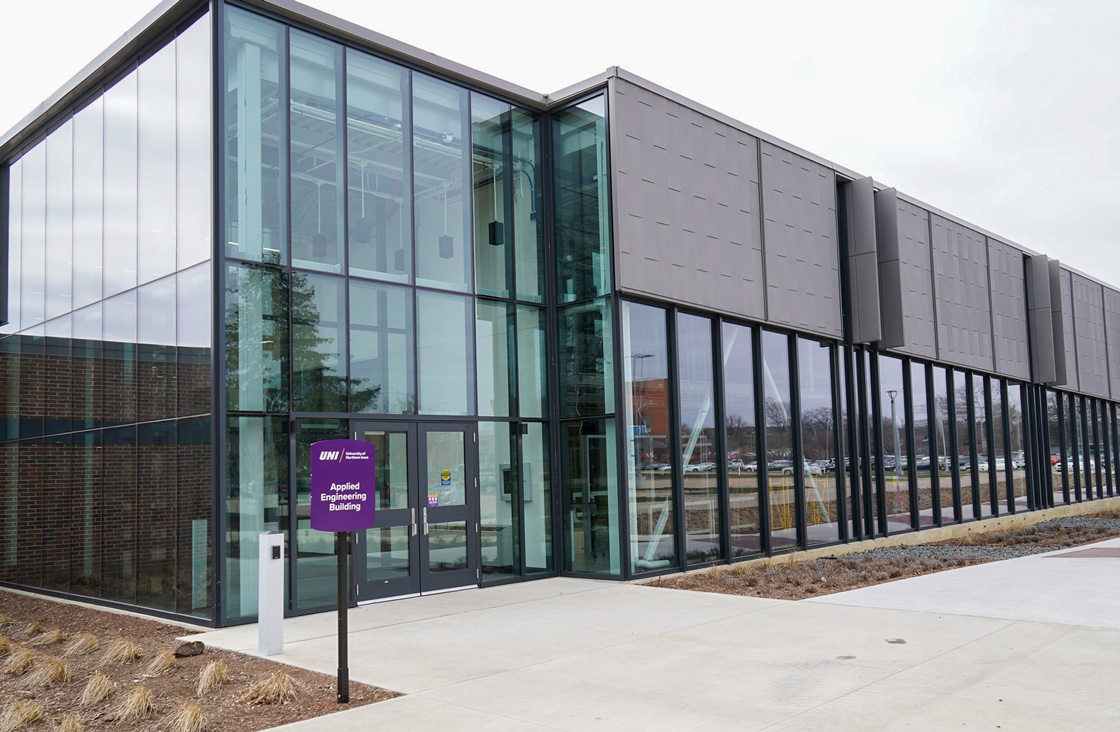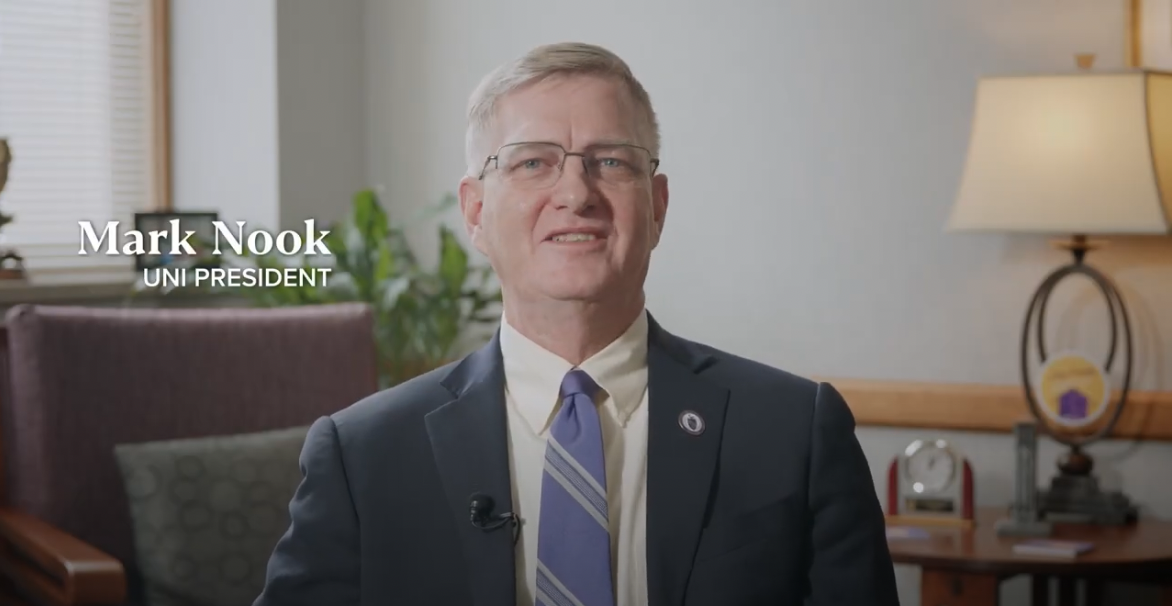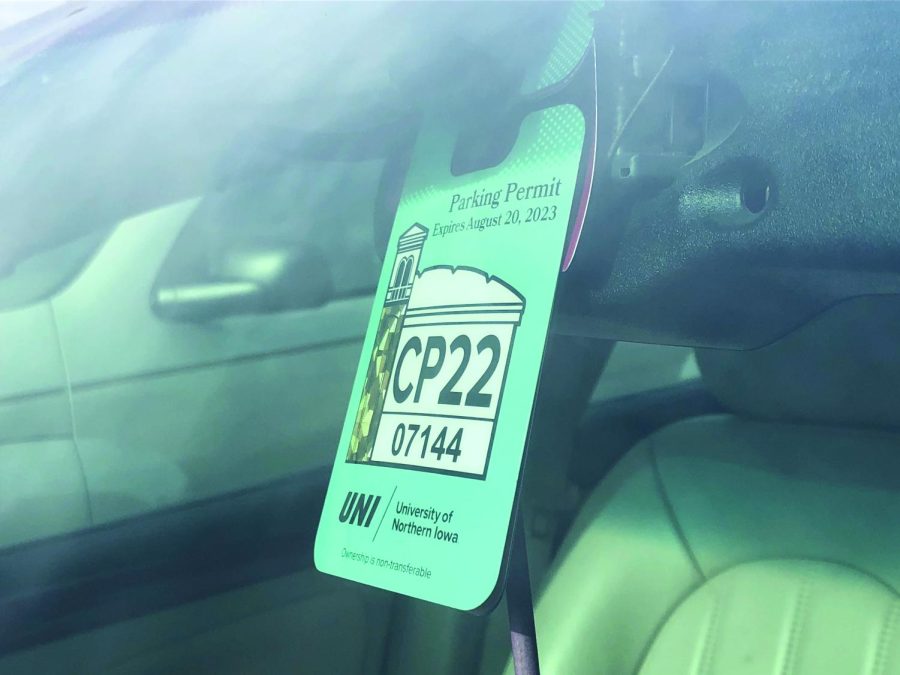In the past two years that I’ve worked at the Rod Library, I’ve spent a lot of time plugged into my headphones. During the time we spend processing books, checking through authority records, switching barcodes or any other projects, a lot of the student employees listen to music or audiobooks, and I’ve made quite a large dent in podcasts like “Nightvale” and “Radiolab.” I’ve put hours and hours of free podcasts on my iPod just to make sure I have something interesting to listen to during the day.
“Radiolab,” a podcast predominantly intertwining science and the human experience, is a beautiful production of documentation and crafted sound; and because the stories are entertaining and engaging, I will sometimes go weeks on end without listening to anything else.
In one particular episode titled “Lost & Found,” a woman named Lera Boroditsky from the psychology department at Stanford University comes on to talk about a study she did in the Cape York Peninsula of Australia. She studied one community of people who greet each other with “which way are you going?” instead of “how are you?” Not only are they able to keep track of compass directions in general, but they are able to pinpoint the placement and direction of themselves and others with astounding specificity.
In many Western cultures, we have essentially eradicated the need for knowing which way is north, south, east, or west. With GPS systems in cars and phones, all we have to know is the endpoint — where we’re going — to be able to get there. The in-between distances don’t matter quite as much when our Garmin GPS systems direct us through highway interchanges, roundabouts and interstate exits. As long as we follow the instructions, we eventually end up where we need to be.
Instead of relying on technology and the robotic voices of our navigational systems, I wonder if we would be able to make headway in traveling without them. Would we be able to immediately tell which way is north? Northwest? The very precise north-northwest? Would we be able to figure out directions inside without windows?
Would we be more decisive and aware of our own lives if our mental headspace was as directional and purposeful as our physical space? I think we would be. With the constant awareness of current position and heading direction, I think a strong connection would occur between one and the other. Not only would we be purposeful in our directions, but it would make us active in the in-between spaces — the mental and physical spaces usually deemed boring, akin to the Iowa or Nebraska leg of the journey going westward to more interesting places. Instead of getting lost in a new place, or just going through the motions in our days, unfocused and fuzzy, I think we would be more aware. More deliberate. Less indecisive and more in tune with our mental and physical environment.







